Andrew Peterson is widely known and loved among readers of Cultivating, so it is with deep joy that I share this interview with you as we discuss his highly anticipated book – Adorning the Dark: Thoughts on Community, Calling and the Mystery of Making.
Andrew is a man of multiple gifts. Acclaimed singer/songwriter; creator of the Behold the Lamb of God tour; founder of Rabbit Room; and author of the fabulous Wingfeather Saga Series, Andrew is no stranger to following through on creative vision. But he is also a husband, a father, a landowner, beekeeper, and a voracious reader. His loves are varied, but his roots are in Christ in all things. I love the way he says this,
“The common thread in all this is my love for Christ and his Kingdom, my belief in the power of story and art, and my need for family and community. If I had to boil it all down, I’d say this: I want to use my gifts to tell the truth, and to tell it as beautifully as I can.”
The Benediction of Calling
LES: Andrew, Adorning the Dark is a fantastic title! I heard you use that phrase in your hauntingly beautiful Adorning the Dark: An Artist’s Benediction back in 2011.
“That anyone at all in the world would set their sad heart and tired hands to working beauty out of chaos is a monument to Grace. It reminds us of light and high beauty, and it laments the world’s great sorrow. It gives the heart language to rejoice and language to mourn.
Creation groans like a woman in labor? Even so. And we know every birth is a tight-wound cord of fear and joy, pain and pleasure, striving and surcease. Let those who can, tell that story. Let those in Christ whose hands paint worlds, whose tongues limn loveliness, whose ears hear astral strains–let them make, and make, and make. And let the made things adorn the dark and proclaim the coming Kingdom till the King himself is come.”
There is a particular power and grace in those words because they are indeed a benediction. A given blessing. And there is mystery too in the way benediction moves to bless and empower. How do you see this particular benediction shape your own life as a writer and storyteller?
AP: When I was a kid I had a constant compulsion to make stuff. I was always drawing, always tinkering around on the piano, always trying (and failing) to write some adventure story. But the stuff I was into, at least in my own mind, never quite fit in the context of the church I found myself in. So when, at eighteen or nineteen, I began to see that the Gospel was the real power behind all the art, storytelling, and music I loved, and that God was inviting me (indeed, all of us) to tell his story, everything changed. There was a seat at the table for nerdy kids like me, and there always had been. Ever since then I’ve had a passion to help people to see that the best garden for the flourishing of their gifts is the Kingdom. That doesn’t mean everyone has to be a Christian singer-songwriter or whatever, just that the same God who created a world that included the possibility of rock and roll and comic books and cottage gardens is the one who is making all things new through Jesus. He’s invited all of his children, as image-bearers, to make things, to fling light into the darkness of the world. I forget this all the time, and need to be reminded. Part of the point of the Adorning the Dark is to encourage people to take this call seriously and joyfully.
Cultivating a writer’s life
LES: While a good deal of what you share in Adorning the Dark can be applied across many creative disciplines, you write some specific and beautifully poetic truth about being a writer in this book. You also write some hard lines with blunt realities about cultivating a writer’s life. One of these lines comes early in the book.
“Being a writer doesn’t mean just writing. It means finishing.”
Could you expand on this? Why does finishing matter and why does being a writer mean finishing?
AP: Writing isn’t just for you, it’s for the people who will read your work. It’s just an exercise in self-expression until someone’s in the forest to hear the tree fall. That doesn’t mean it’s a waste of time to doodle, or to write in a journal, or to dink around on the guitar—the world needs more doodlers, I say.
But if you want to be a writer, you’ll only learn what that really means once you’ve crossed the finish line of an ending.
That’s when you go back and shape the story, when you see what it means to carry your characters (or your idea) from one end of the dark forest to the other, when you understand in an otherwise unknowable way what it means to love a character even as you allow them to suffer because you have a good ending in mind. These aren’t things you know by starting a story and giving up. They’re things you know only by writing the words, “the end,” pushing yourself back from the desk with a heavy sigh, and then sending the story out in the hopes that it’ll find a home in someone’s heart. That can only happen when you finish.
True Story
LES: A phrase that is deeply associated with you, Andrew, is “The stories are true.” Storytelling is woven into essentially every area of your creative life: song-writing, stage performance, books, blog … What is Story (with a capital S) to you and how do you describe a true Story arc?
AP: Story is the language by which our finite hearts understand infinite love. It’s like this. If God’s loving, redeeming, and timeless nature could be expressed by a single Word, but that Word was so deep and complex and uncontainable that to hear it would shatter our eardrums (and our brains), how might He express it to us? How might the Creator reveal the vast mystery of Himself to a created thing? I think the answer is Time. By moving us from one place of understanding to another, then another, then another, He takes that infinite Word and stretches it out across time so that temporal beings can know by coming to know what that Word is saying. If you were to play all the notes in a symphony at once, it would be overwhelming; our minds wouldn’t know what to do with it. But if you stretch out the notes over time, so that you have movements and themes; a beginning, a middle, and an end; changes of key and texture—then and only then do we experience what the composer intended. We are creatures of time. A timeless God wants us to know His love. Story, in a philosophical sense, is timeless truth, stretched over time; it is uncontainable love, contained in time. We learn it only by moving forward, like a needle on a record player. Have you heard of the Golden Ratio? That ratio that shows up again and again in nature—seashells and leaves and butterflies’ wings? I think the story of God’s love is the same: microcosms of the grand Biblical story of redemption appear again and again in songs and films and poems and, indeed, in our day-to-day lives. The trick is to keep your eyes peeled for the ways God is declaring His own magnificent love through the words and works of his creatures. The greatest mystery, of course, is that the Word took on flesh and dwelt among us.
Truth-telling and risk
LES: You are no stranger to stewarding the long content of books and big projects. But Adorning the Dark is different. In publishing speak, Adorning the Dark is listed as your first adult trade book. This is part memoir and part teaching on the writing life. To write memoir necessarily involves vulnerability and risk. Has writing Adorning been more of a risk for you than your earlier works, or does the writing itself just carry risk regardless of genre? What motivates you to take the risk with memoir and the truth -telling of personal stories?
AP: I’ve told a few friends that I’m far more nervous about the release of Adorning the Dark than anything I’ve ever put out there. With fiction and songwriting there’s at least an illusion of separation between me and the reader; I’m like the wizard behind the curtain. But since this is nonfiction, it feels like Dorothy came in and yanked back the curtain, and I’m just kind of standing there nervously, waiting for the tomatoes to smack me in the face. Part of the point of the book was to be as honest as possible about what’s going on in a person’s head when they’re trying to make something. A few of my friends who read early drafts told me I was too hard on myself, but I really wanted to tell the uncomfortable truth about the voices I hear.
I have to believe I’m not alone in this, and if I’m not, then I have to believe that it’ll be helpful to someone out there.
Serving the Work
LES: You have been influenced by Madeleine L’Engle’s classic book on faith and the arts, Walking on Water. One of the phrases that Madeleine has become all but synonymous with is her call to “serve the work.”
“When I start working on a book, which is usually years and several books before I start to write it, I am somewhat like a French peasant cook. There are several pots on the back of the stove, and as I go by during the day’s work, I drop a carrot in one, an onion in another, a chunk of meat in another…
When it is time to start work, I look at everything in the pot, sort, arrange, think about character and story line. Most of this part of the work is done consciously, but then there comes a moment of unselfconsciousness, of letting go and serving the work.” (Walking on Water, 1980)
“I have never served a work as I would like to, but I do try, with each book, to serve to the best of my ability, and this attempt at serving is the greatest privilege and the greatest joy that I know.” ~ Herself: Reflections on a Writing Life
How has your understanding of ‘serving the work’ changed from when you first heard that term? Has it changed the way you work?
AP: I’ve been so impacted by L’Engle, in fact, that in the book I urge the reader to put down Adorning the Dark immediately and read Walking on Water (which is bold, because chances are that once they’ve read it, they’ll find no reason to come back to mine). I’m not sure if my understanding of “serving the work” has changed since I read it, but that first time through Walking on Water was like a revelation. I had never before resonated so strongly with a book on creativity. In one sense, she merely gave words to a phenomenon I was already familiar with: struggling in the dark to find a song, sensing that it had a will of its own, learning to tease a song to the surface (like a trout with a fly fishing lure) rather than bullying it into obedience (like throwing dynamite into a lake).
But her principle led me to the conviction that it’s not only about serving the work, but about serving the audience.

Approaching the creative act with humility means respecting the mystery of making, while at the same time respecting the people for whom you’re making the thing. Servanthood is the healthiest way to go about both.
Calling – creating community and writing writers
LES: There are aspects to every writer’s life that are unique – in time, place, circles of influence, relationships, and messages. Some aspects are held in common: the need for solitude in order to actually write; community in order to live a whole and balanced life. However, another aspect appears in some writer’s lives that seems different, a call to write larger than only on screen or paper. It is a call to “write writers”, so to speak. Good teachers do this. You do this.
In the chapter 15, Community Nourishes Art, you wrote, “The Rabbit Room grew out of th(e) desire to draw attention to good work that sometimes goes unnoticed.” Later in the same chapter describing some of the realities of the current Christian music industry, you wrote, “Instead of trying to change an industry that will never change, I decided to keep my head down and focus on what I’m called to.”
What you describe for your calling is the call to create community and to promote the works of others, not just your “own” work. This is the call to create community not primarily to abate your own loneliness but to grow and advance the work of others. To do this involves a degree of laying down one’s life and a degree of selflessness. Do you ever feel that the choice to help connect and advance the work of others has cost attention to your own work and potential success? Has this been hard at times for your wife Jamie, and if so, how have you navigated this as a marriage?
AP: Oh, I don’t think trying to draw attention to other people’s work has cost me anything. I love it. My theory is that if everyone spent more time on social media talking about their friends’ projects than their own, we’d have just as much exposure and less of the icky self-promotion stuff. The Rabbit Room is a wonderful way to shout from the rooftops whenever we discover a book or a record that we love. In fact, as a matter of policy we don’t do negative reviews—we only want to draw attention to whatever’s excellent, praiseworthy, and true. Not only does it help artists in your community, it’s a great way to develop a habit of looking for what’s both beautiful and edifying. As for Jamie, I’m sure she had no idea what she was getting into when she married me. The artist’s life is one of financial ups and downs, emotional ups and downs, and relational ups and downs; I think everything’s in flux anyway, but you acutely feel that flux when you’re self-employed and trying to juggle family, career, and calling–and everything that comes with them. That said,
Just this morning we were praying, and Jamie voiced her deep gratitude for the life God has given us. We wouldn’t trade it for anything. I’ve tried hard to make sure she and the kids know that, first, I’d gladly burn my guitar if it ever came between me and them—and second, with all the traveling, no matter where I am, I’d always rather be home.
A wayside inn and nurturing far-flung flourishing
LES: Home as a settled place of resting and belonging is a recurring theme through the entire body of your work and it figures distinctly in Adorning the Dark. In “Community Nourishes Art” you write,
“When people say that they’ve “found a home” in the Rabbit Room, I gently push back and say “This isn’t meant to be your home. It’s a wayside inn.” Frodo didn’t stay in Lothlorien. Lucy had to go back to England.
In The Problem of Pain, C.S. Lewis offered this vivid word picture about the difference between inns along the way and actually being at home. He says,
“The settled happiness and security which we all desire, God withholds from us by the very nature of the world: but joy, pleasure, and merriment, He has scattered broadcast. We are never safe, but we have plenty of fun, and some ecstasy. It is not hard to see why. The security we crave would teach us to rest our hearts in this world and oppose an obstacle to our return to God: a few moments of happy love, a landscape, a symphony, a merry meeting with our friends, a bath or a football match, have no such tendency. Our Father refreshes us on the journey with some pleasant inns, but will not encourage us to mistake them for home.”
Both you and Lewis recognise the need for refreshment along the journey, and you both acknowledge that human beings cannot provide the Home we travel to. But Lewis’s perspective in this case is essentially on the individual journey while yours is focused on the next step of helping ‘home-seekers’ take the inspiration and renewal, like we find in the community of the Rabbit Room, and go ‘do likewise’ in the places where we live. Yours is a focus of plant-and-multiply. There is a trace of gardener in this and certainly traces of fatherhood. What do you suggest to those of us who nurture communities for nudging our folks to take the next steps in growing community where they are?
AP: My goodness, I love that C.S. Lewis quote. I never finished The Problem of Pain in college, but I suppose it’s time I did. I tell in the book about my first meeting with Wendell Berry, how I told him Jayber Crow led us to the Warren, and it sounded like we had uprooted everything and moved to the country. Actually, we moved about five miles down the road and stayed planted in the community we were already in—but now we had some land. Wendell said something like, “People tell me they want to move to Kentucky, but that’s not what I mean. I mean they should stay where they are.” I happen to think we can’t all be like Wendell and flourish in little backwoods towns. Sometimes we need to get out of Dodge. I, for one, am very glad I moved to Nashville a few decades ago. But once we got here, we’ve tried hard to stay put.
And that’s the key: stay put and get busy. I think that’s the best way to nourish your community.
Once you start doing whatever creative work you’re called to, people just kind of show up. You look around a few years later and see that God has been doing the quiet, steady work of knitting hearts closer and closer together.
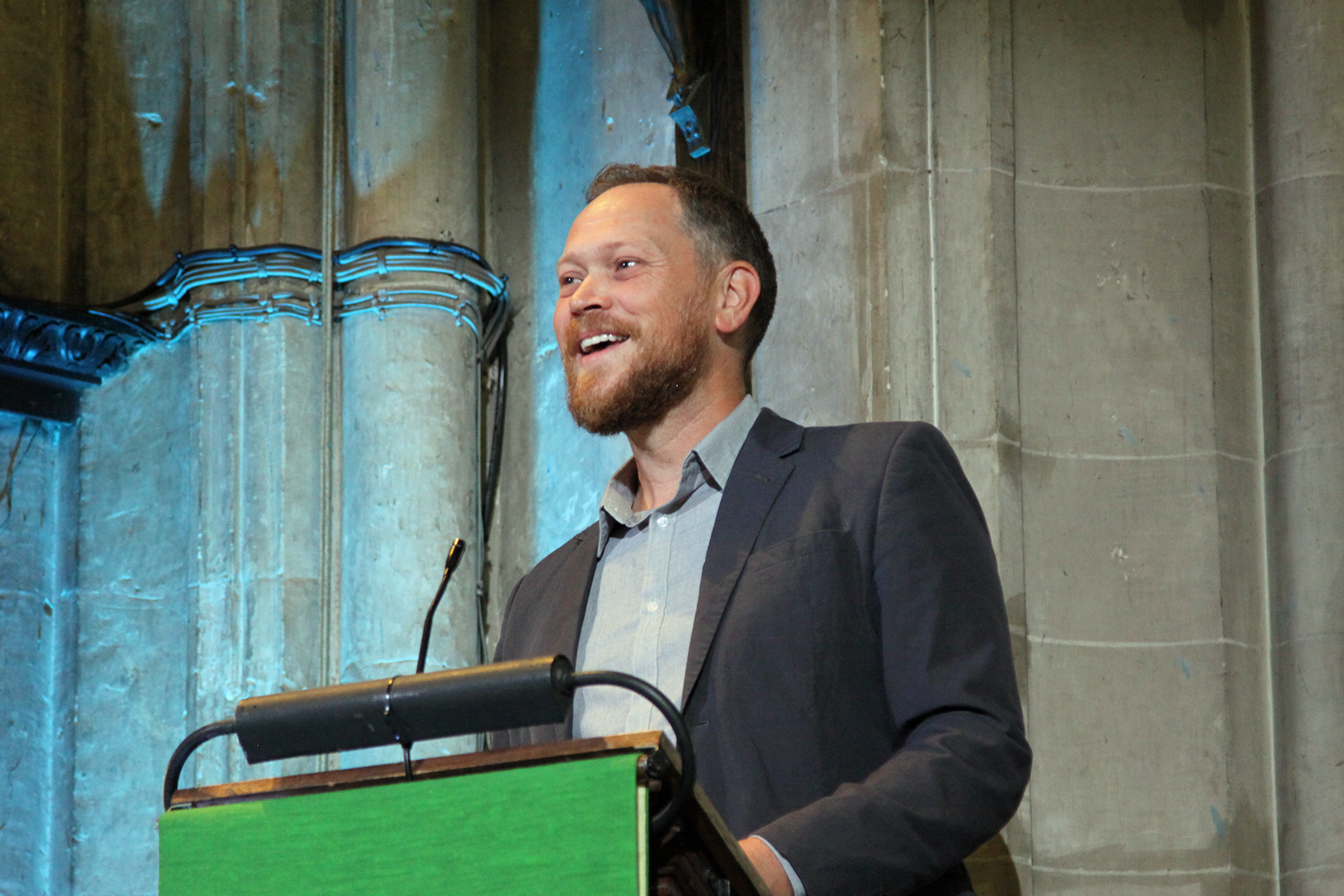
Andrew Peterson speaking in Cambridge for the C.S. Lewis Foundation at Oxbridge 2017 – Image (c) Lancia E. Smith
Homesickness is the way home
LES: You do something that always catches me off-guard. You talk about homesickness and sorrow with a tone of voice of someone who had made peace with the messengers they are. Lewis calls that sense of homesickness the “inconsolable longing”. With the long walk that you have made through depression and heartache, how is it that you have come to make peace with the longing and sense of displacement that you write about at the end of Adorning the Dark? Does place itself (like The Warren) mend heartache in ways words cannot? Is there a point at which the fight against the darkness begins to be less crippling and perhaps on some level even ‘overcome-able’?
AP: The sad season I went through a few years ago didn’t feel like a season while I was in it. It felt like the rest of my life. It was only later, when I realized I was referring to it in the past tense, that I knew I was in a different place. That doesn’t mean I don’t sometimes feel a pervasive melancholy that reminds me of that season, but it does mean that I have, as you pointed out, made peace with it. Part of that is recognizing that,
like Frodo’s wound from the Ringwraith, we all carry an unhealable wound—until the New Creation, when the wound becomes a scar. It won’t hurt anymore, but I believe we’ll remember it. That scar, like those Jesus carried after the Resurrection, is a part of the story, and therefore part of the coming glory. That’s why homesickness is the way home.

This little stone we carry in our hearts is evidence of the Fall—and is evidence, as well, of the Garden. That means we shouldn’t try to numb it, or avoid it, but should acknowledge it as a quiet, persistent tug toward the renewal of all things. Why would we all feel that homesickness if there was no home from which we were estranged? I’ve never met anyone who didn’t feel it in some measure. Once you learn that it’s all woven into the coming beauty, you can receive even the pain as a gift.
Carrying the song across the sea of time – the mystery of benediction
LES: One of my favourite poets is Malcolm Guite, and like you, he also holds a long-standing interest in George Herbert. Malcolm would heartily agree with you about the time-spanning power of Herbert’s poetry, especially Love (III), and about the possibility that the work we make today may be in fact meant to speak to someone who has not yet been born. When we most truly serve the work and not our own ambitions, to be a writer or an artist is in a way to be a time-traveler, to work in some mysterious way outside the strict bounds of time.
“Maybe the song you are writing is for some specific heartbroken soul who won’t be born for another four hundred years.”
We send out our words, songs, images – whatever may be the products of our making, with all the skill and hope we are able to imbue in them. We send them out to serve in places we seldom know or can follow. Yet, skill and hope are not enough to carry something across time to reach another. There is another element that must be present for that. What is the role of Love in the act of making, blessing, and crossing the sea of time?
AP: I talk quite a bit in the book about art as a way of loving, which is a much better thing than mere self-expression. And love, which is never about self, has repercussions beyond our imagining. We love in small ways, and then time reveals to us the grand symphony of which that love is a part. But in a wonderfully paradoxical way, if you want to play the long game of love, it’s best not to think about the long game at all. You think about the people right in front of you, right now; the people under your roof, the people at your church and work, and you learn to love them with the gift of your life. After that, it’s His business to carry that love forward in time if He pleases. There’s a very good chance nothing we write or paint or sing will be remembered in a hundred years, but I have zero doubt that whatever we do for the least of these is seen, and known, and remembered forever by our King, who exists beyond the realm of time. At the still point of the turning wheel, to steal from T.S. Eliot, all time is present to God, and therefore all we’ve done and will ever do is part of the story he’s telling. One of my favorite Rich Mullins quotes, partly because it sounds so much like Chesterton, is,
“If your ambition is to leave a legacy, what you’ll leave is a legacy of ambition.” So you have to forget all that junk about making a name for yourself. Die to that.
Then and only then will you be able to tap into the ground water of God’s love and give water to the thirsty. I happen to think that Herbert would be surprised to discover that his poem was still around four hundred years later, but there in the presence of the King, he wouldn’t really care. It was love that really wrote “Love (III),” and love that carried it forward; it’s love that inspired it in the first place, and love that it points to. Can you tell I’ve been reading Four Quartets?
Practice what you have learned & received and heard & seen in me – model your way of living on it, and the God of peace (of untroubled, undisturbed well-being) will be with you.
~ Philippians 4.9
To Practice:
- How have you seen “homesickness” leading you home in your own life? Do you see a pattern of places or things that make you unexpectedly cry or feel a twinge in your heart? Can you name those triggers and look at what they tell you about your direction home?
- How might you lean into the work God has given you with a deepened awareness of the time span your work may carry over? Can you look at the “ordinary” work of your days – work that may not be “artistic” in nature – and see the beauty and value of it carrying over years? Could you be open to receiving a blessing on this daily labour, and a benediction for you as a maker and co-creator?
- What qualities in Andrew do you identify from this interview that you might imitate in your own life? Do you see some parallels in your own life that you could practice with a greater confidence and acceptance seeing how Andrew is working through similar struggles as those you may be facing?

The images of Andrew Peterson featured in this interview are (c) Lancia E. Smith, and Eric Brown. They are used with permission for Cultivating and The Cultivating Project.
Lancia E. Smith is an author, photographer, business owner, and publisher. She is the founder and publisher of Cultivating Oaks Press, LLC, and the Executive Director of The Cultivating Project, the fellowship who create content for Cultivating Magazine. She has been honoured to serve in executive management, church leadership, school boards, and Art & Faith organizations over 35 years.
Now empty nesters, Lancia & her husband Peter make their home in the Black Forest of Colorado, keeping company with 200 Ponderosa Pine trees, a herd of mule deer, an ever expanding library, and two beautiful black cats. Lancia loves land reclamation, website and print design, beautiful typography, road trips, being read aloud to by Peter, and cherishes the works of C.S. Lewis, J.R.R. Tolkien, and George MacDonald. She lives with daily wonder of the mercies of the Triune God and constant gratitude for the beloved company of Cultivators.
Leave a Reply
A Field Guide to Cultivating ~ Essentials to Cultivating a Whole Life, Rooted in Christ, and Flourishing in Fellowship
Enjoy our gift to you as our Welcome to Cultivating! Discover the purpose of The Cultivating Project, and how you might find a "What, you too?" experience here with this fellowship of makers!
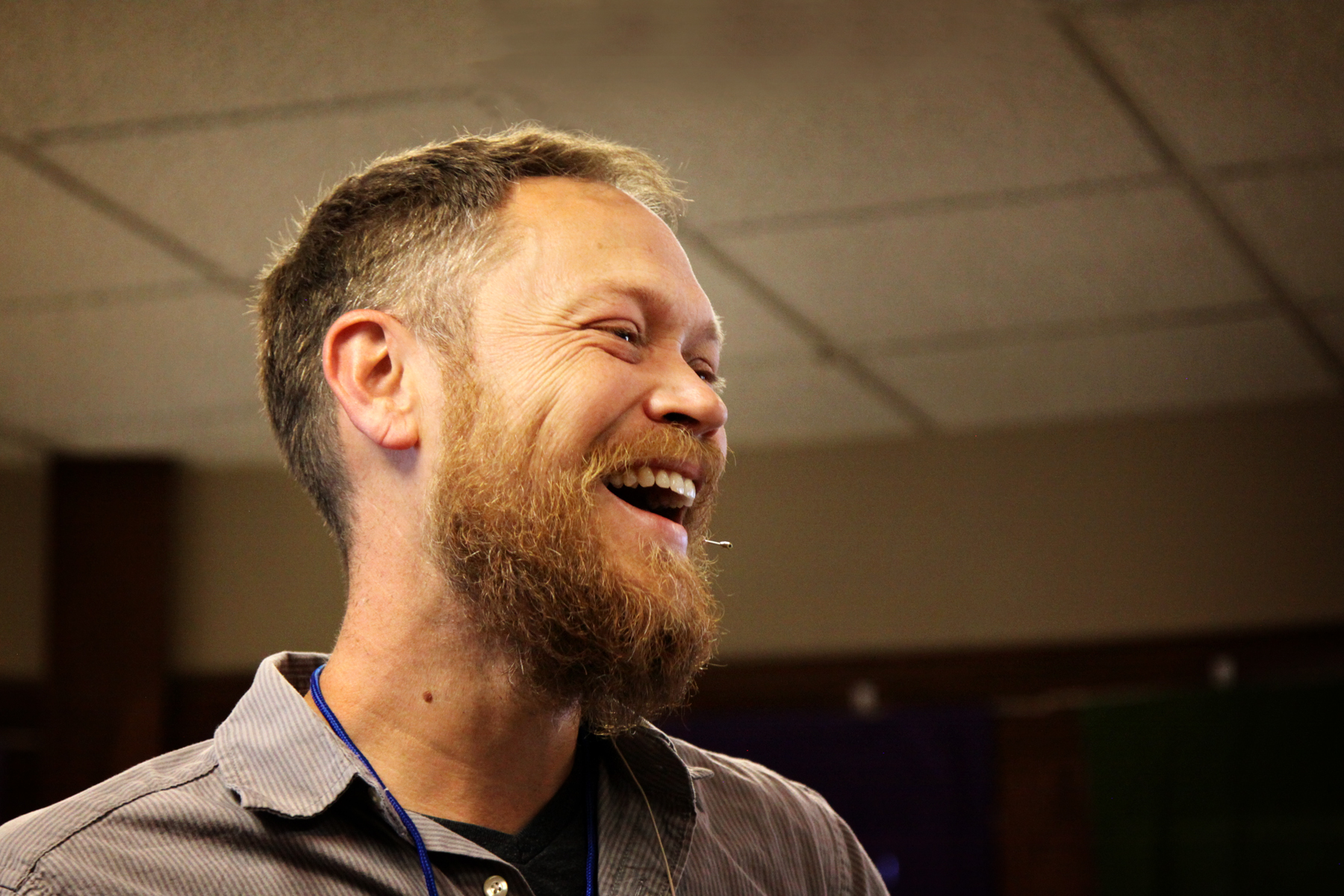
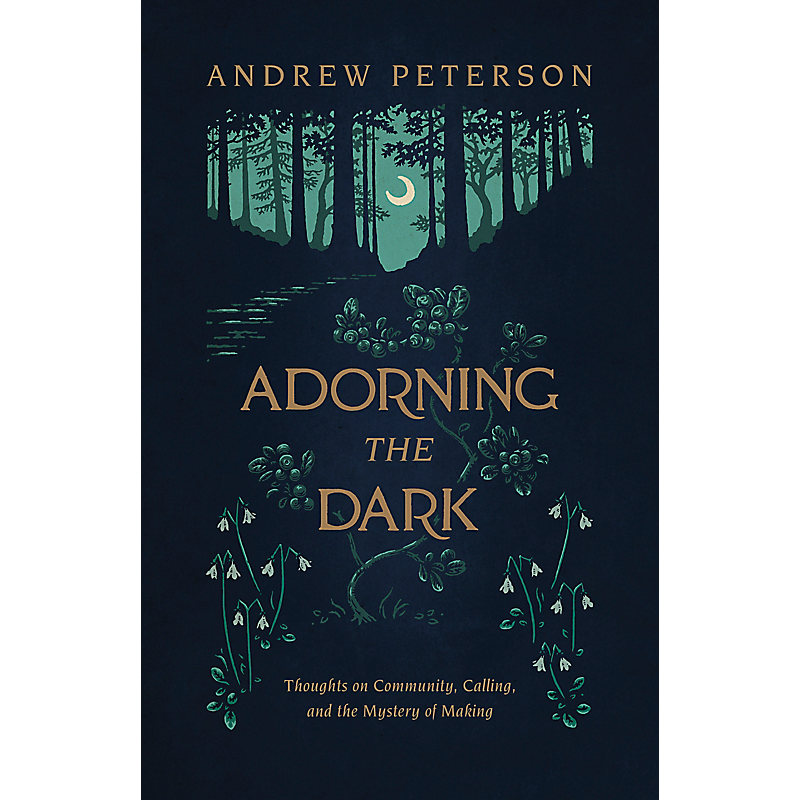
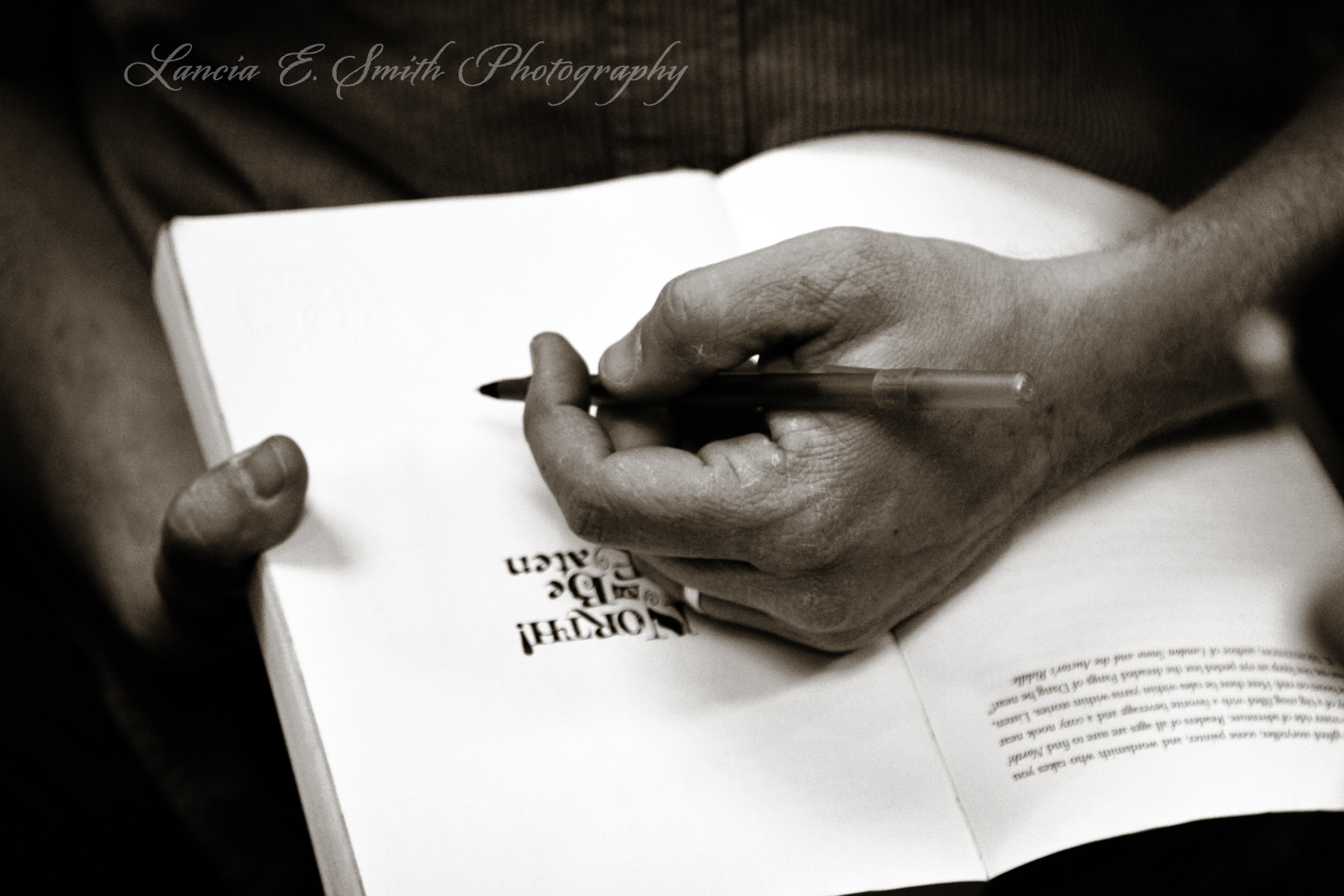
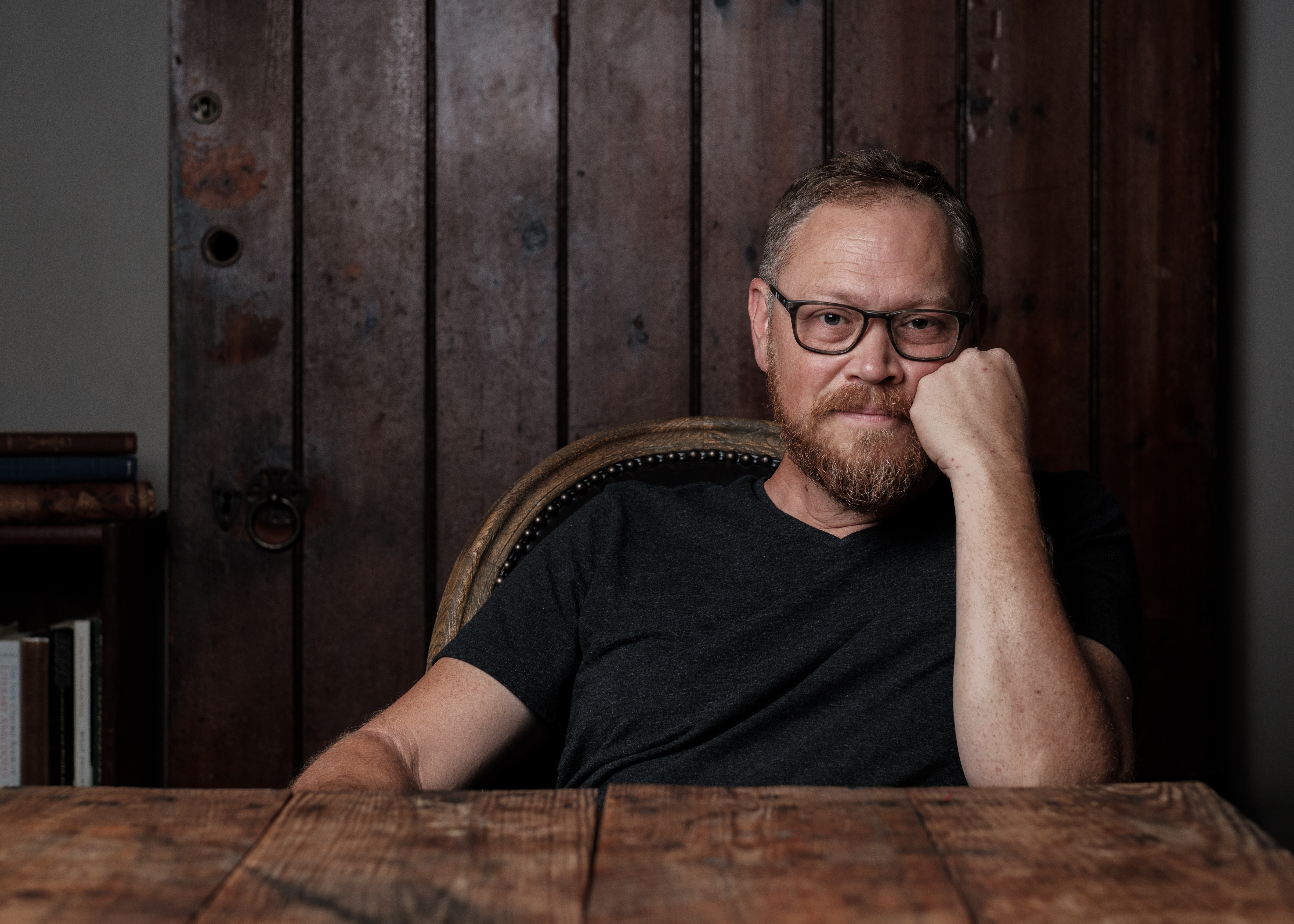
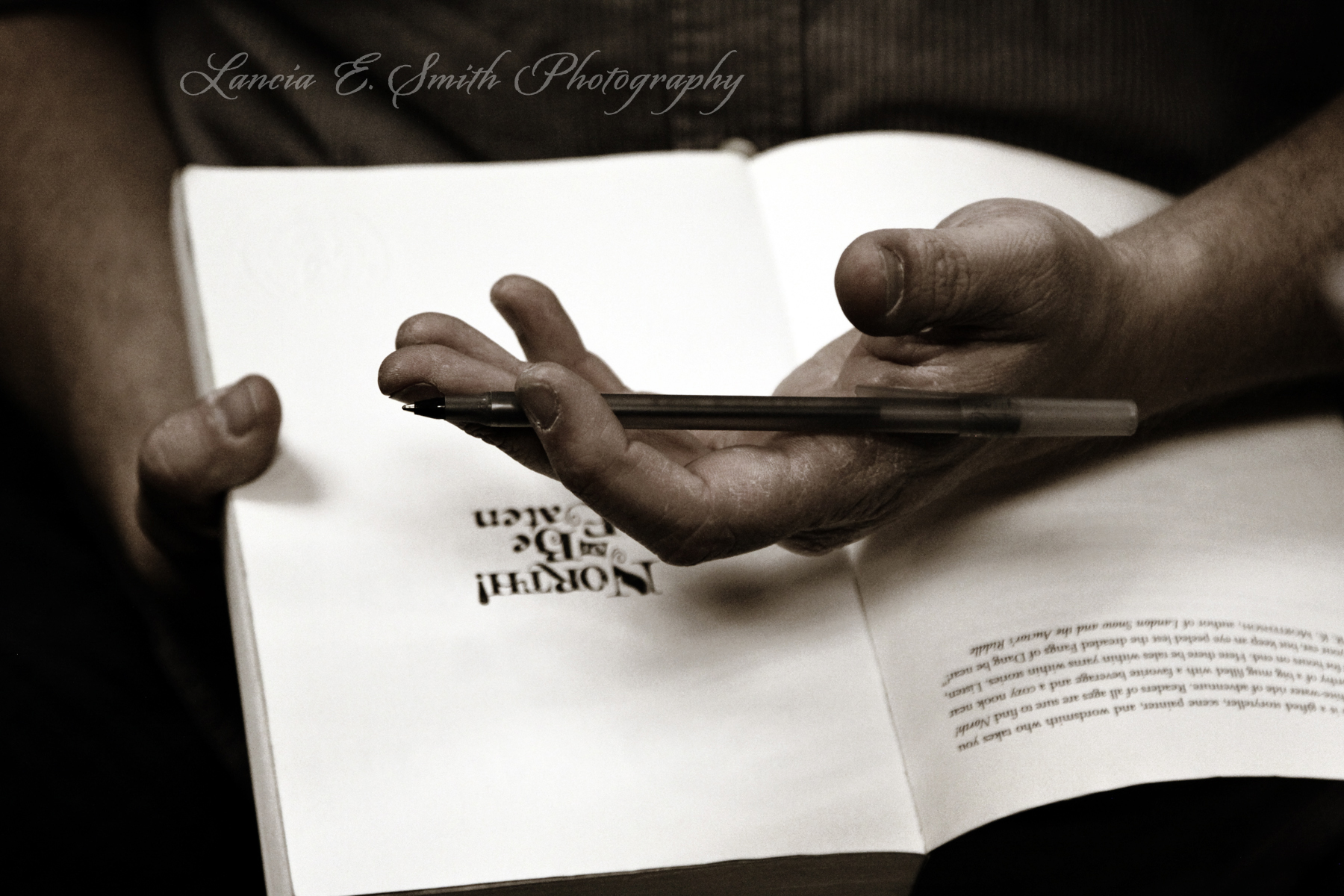
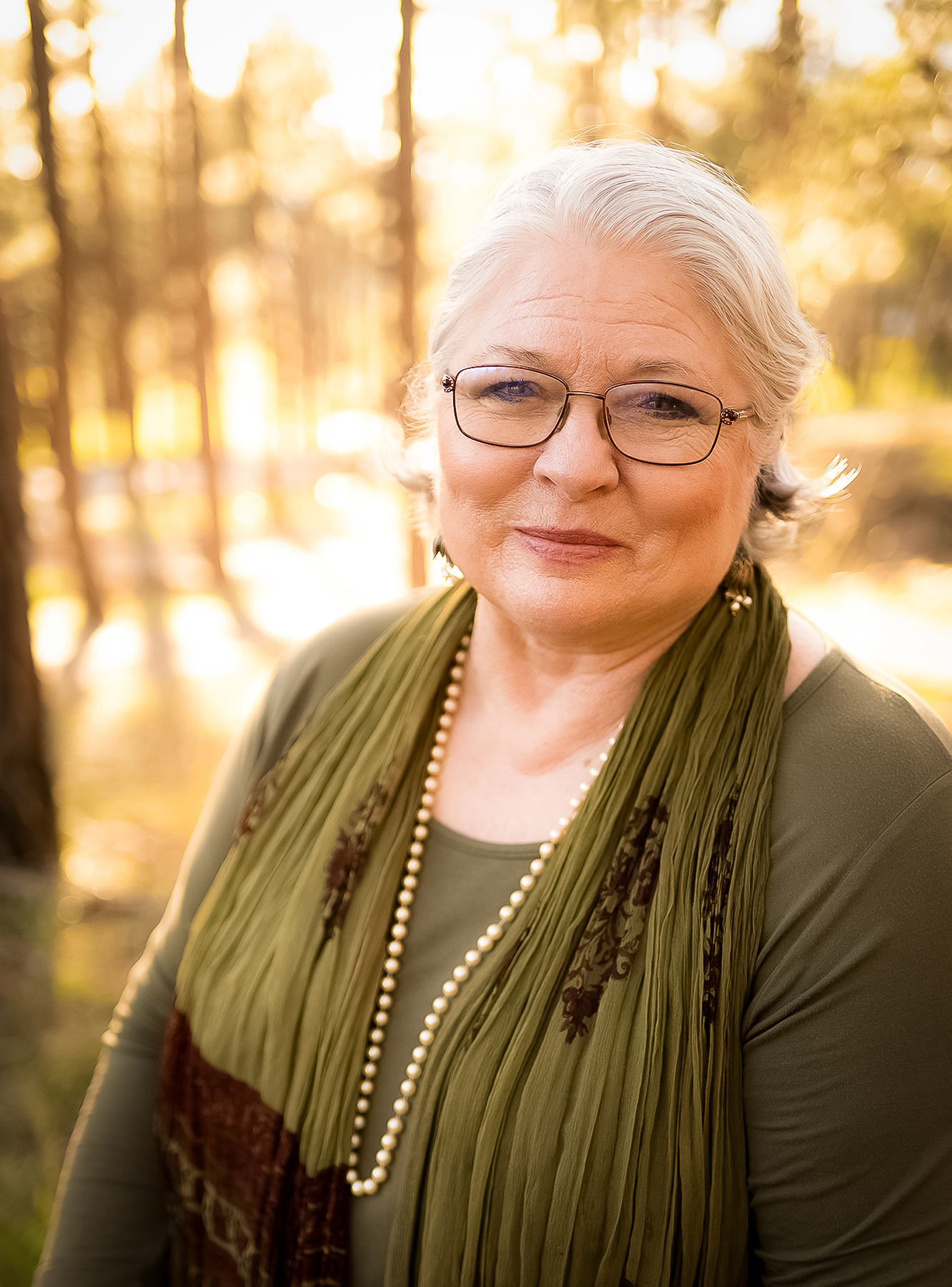
Lancia and Andrew, this interview is exquisite and deeply thought provoking. Thank you both for such thoughtful questions and answers! I will be reading and re-reading this one for a god while, as I soak it all in. This is a feast.
Agreed. So much wisdom and insight here, from both parties. Extraordinary.
Lancia and Andrew, thank you! I look forward to sharing this interview and Andrew’s book with others. Also, I am grateful that Andrew shared this interview on social media and that I now know about The Cultivating Project.
You have dug deep with andrew, who is always willing to plumb the depths. AND JESUS IS ALWAYS THERE.
THANK YOU!
Thank you, Janice. Andrew is a remarkably generous human being and his interview reflects that. It is a joy to collaborate with him in this.
Travis, you are so welcome. Welcome to Cultivating! Thank you for sharing this interview and Adorning the Dark with others. Both are such gifts to the Body of Believers. Many blessings to you, friend, and every grace be yours!
How special to be listening to this conversation. Thank you both for your generosity, kindness, and love. under the One who keeps us.
Food and water. Thank you both for nourishing the artists.
Cindy, you are very welcome. And thank you for your kind words. I am grateful to share this conversation and so glad to have you here!
Tresta, you are so very welcome. Thank you for being present with us and for all the beauty you make. Food and water for us, too!
It is cause for pause when the very things I have been mulling over are a conversation I stumble onto here. Thank you Lancia and Andrew. It is both humbling and astounding how the Lord knits the body of Christ together, not necessarily with physicality but with hearts that we find beat the same rhythm. What should I say when I agree so heartily with your thoughts? Amen. I say amen.
Thank you, Susan. And what a blessing to have you here! I marvel every day at the way the Lord knits His people together.
Kris, what a joy to share it with you! For someone who has laid out as many tables for others as you have over the years, I am so glad that this is a table you can feast at. Love you!
Matthew, thank you so very much.
Oh, thank you! You have shared so much encouragement here and so much to ponder. I cannot wait to read Adorning the Dark.
Diana, you are so welcome. Adorning the Dark offers such a rich blend of wisdom, kindness, and beauty. I look forward to hearing your take on it. And I’m so glad we don’t have to wait too much longer!
There is so much to ponder over and come back to here. Thank you to both of you for the thought and work you put into this interview. Together with Adorning the Dark, it’s already doing a much-needed work on me. Thank you.
Rebecca, you are very welcome. It is my privilege to have this conversation with Andrew and to share it with Cultivating readers. I pray these good words continue to serve you and that you find much in Cultivating to nourish you – soul, mind, and heart. Many blessings and every grace to you!
Thank you for sharing this encouraging interview. I’m excited to dive into Andrew’s book.
Jennifer, you are so very welcome. I’d love to hear what you think of Adorning the Dark. 🙂
Thank you for this lovely interview. I just finished reading Adorning the Dark and found it so encouraging. Thank you for the reminder that telling the story beautifully is an act of love, and an act of worship for the one who gave me the story and the desire to create.
C.J., you are most welcome. I am so happy that this interview is a blessing to you. Andrew is a beloved friend and hero to so many and it is a great joy to interview him. He is always a delight to work with! Many you be blessed and may grace keep close company with you. And may your creating be fruitful! Lancia